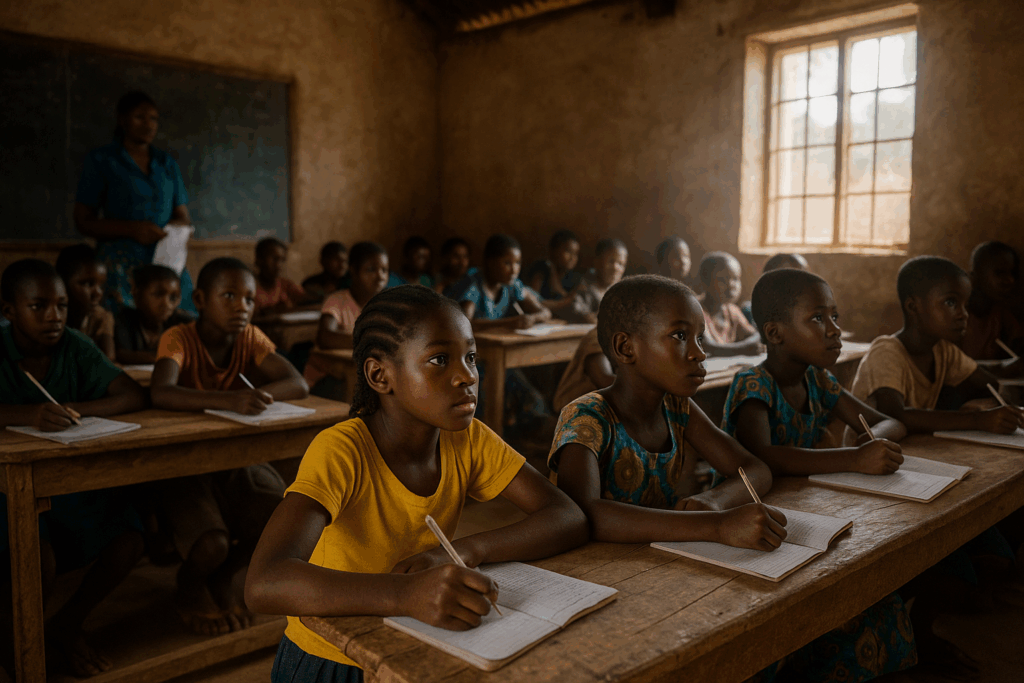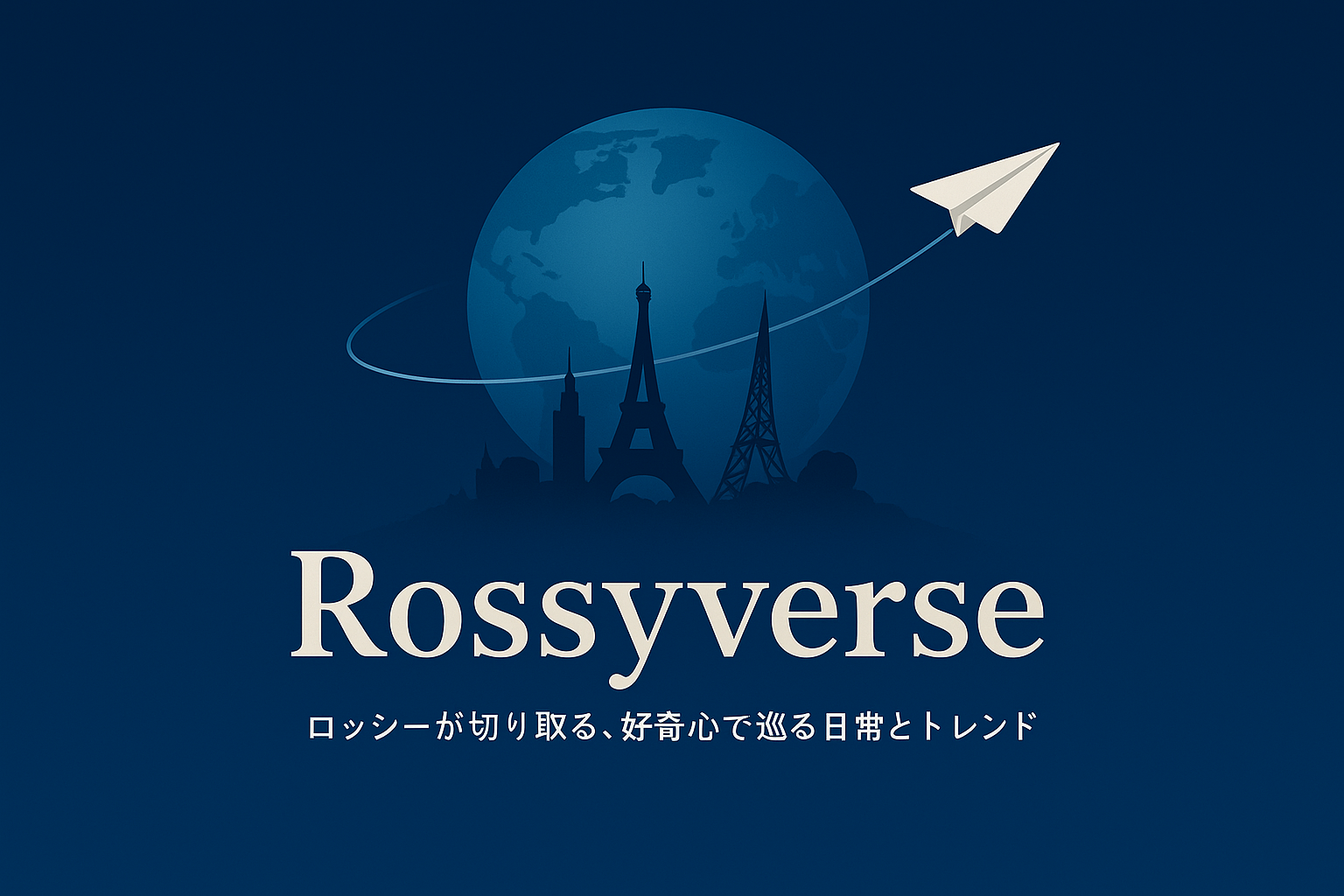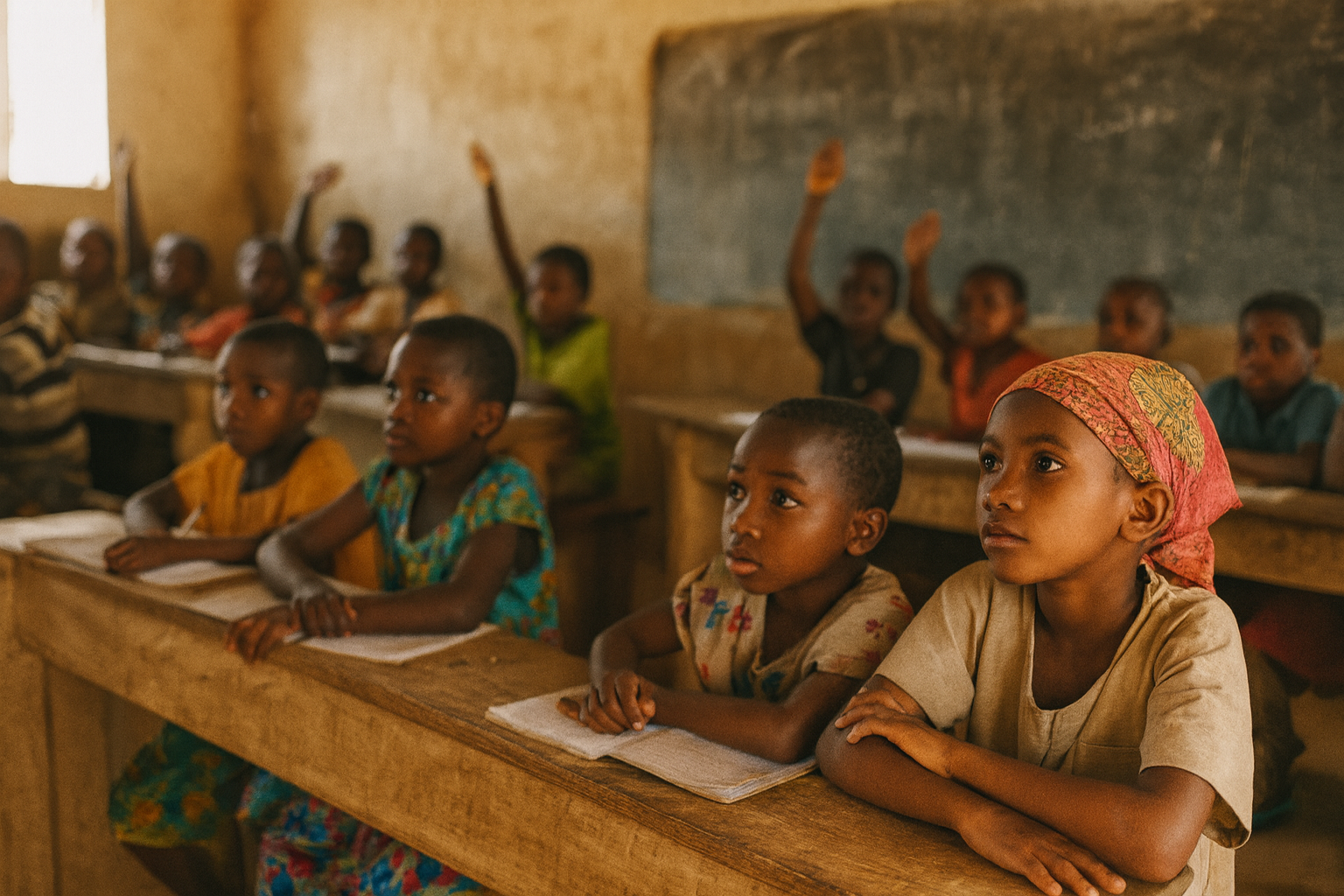私たちは、学校で教わることを「正しい」と信じて育ってきた。
けれど、その“正しさ”は、時代や国が変われば、少しずつ姿を変える。
教科書に載る言葉、使われる地図、取り上げられる出来事──
どれも誰かの意図や思想が少しだけ混ざっているのかもしれない。
教育は本来、人が自由に考え、自分の言葉で世界を語るためのものだ。
けれど、政治や権力がそこに入り込むと、
学ぶことはいつの間にか「国が望む人を育てる手段」になってしまう。
何を教えるか、そして何を教えないか。
その選択の中に、未来を形づくる無数の小さな意思が隠れている。
世界を見渡すと、教育が「自由」ではない国も少なくない。
宗教上の理由で、女の子が学校に行けない地域。
貧困や紛争によって、家族を支えるために働かざるを得ない子どもたち。
彼らにとって、“学ぶ”ことは夢のような出来事だ。
でもその夢が叶うとき、人は生き方さえ変えてしまう。
「知ること」は、人に自分の未来を選ばせる力を与える。

それに比べて、日本では教育が当たり前にある。
けれど、当たり前すぎるがゆえに「学ぶ意味」を見失いかけているようにも思う。
多くの子どもたちはテストの点数を競い、
誰かが決めた“正解”を早く答えることを求められる。
それは確かに社会に必要な力を育てる一方で、
「なぜそう考えるのか」を問う時間を奪っている。
これは教育が、平等に行き渡っていないことを現しているのだと思う。
あくまで私見ながら、教育はどの国、どの宗教においても、
子どもに受ける権利を保障するべきなのではないかと。
いっそのこと、初等教育に関してまでは、世界中の国がお金を出し合っても、
子どもたちに教育を受けさせて、格差をなくすようにすることは出来ないものか。
教育を受けたくても受けられない人たちと、一方で学ぶ姿勢すら疑問符がつくような
人たちもいる。その明らかな格差を埋められないものだろうか。
教育は、知識を得るためだけのものではない。
それは「違いを理解する力」を育てる営みでもある。
異なる文化や考え方に触れたとき、対立ではなく「対話」を選べるようにすること。
そのためにこそ、教育は国境を越えて共有されるべきものだと思う。
世界のどこかで誰かが学べない現実を見つめることは、
自分が“学べることの責任”を知ることでもある。
学ぶ自由は、同時に、誰かの学ぶ権利を守る責任でもあるのだ。
そして今、教育が形としては広く行き渡っていても、
そこに込められた「心」が少しずつ薄れている気がする。
勉強はしているのに、学びが人の痛みや喜びにつながらない。
知識が増えても、共感する力が弱まっている。
もし教育が人を競わせる道具になってしまったなら、
それは本来の目的を見失った証なのかもしれない。
学びとは、人と人とを結びつける橋であり、
他者を理解し、自分を見つめるための“静かな対話”であるはずだ。
その意味で、教育にはもう一度「人間らしさ」を取り戻す必要がある。
日本の教育は、知識を与えることには長けているけれど、
考える自由や、多様な視点を持つ練習はあまり得意ではない。
歴史の教科書ひとつとっても、時代によって記述が変わり、
教える立場の人も、どう伝えるか悩むことがある。
特に戦後、GHQからの指導で随分と改ざんされた史実もある。
それは思想の押しつけになってしまっていることもあり、
それを知っている世代との認識の違いを生んで、
結果的に“見えない偏り”を生むことにも繋がっている。
またある国では、自国のナショナリズムを掻き立てるために、
史実を曲げて、間違った事実をあえて国民に押し付けているところもある。
本来そのような事実がなかったにもかかわらず、何も知らない無垢な子ども達が
そのように“信じるように教えられ”、本来持つべき価値観を育てられないまま大人になる。
やがてその歪みは、社会全体に返ってくる。
教育を誤って利用すれば、必ずその代償を払うことになるのだ。
本当の教育とは、誰かの価値観を植えつけることではなく、
自分の頭で考える力を育てること。
AIが進化し、答えを瞬時に出せる時代だからこそ、
その答えをどう受け止め、どう考えるかが問われている。
「正解を探す教育」から、「問いを持てる教育」へ──。
その転換が、これからの社会には必要なのかもしれない。
そして、もうひとつ忘れてはいけないのは「教える人の心」だ。
どんなにAIが賢くなっても、
「なぜ?」「どうして?」と一緒に悩む温度は、人間にしか持てない。
学ぶ人の中に小さな光を見つけ、その光を信じて寄り添うこと。
それが教育の原点であり、
同時に「知る自由」を守る行為でもあると思う。
学ぶことは、生きることと同じ。
それを支えるのが政治であってほしいし、
教育の現場を通して、人が人を信じる社会であってほしい。
教室の窓の外に広がる世界が、
誰にとっても“未来への入口”でありますように。
🔗 あわせて読みたい記事
豊かな国の、見えない貧困 ― SDGsと僕たちができること
経済大国の裏にある日本の貧困問題と、私たちにできる小さな行動を探る。
小さな命を守るために ― SDGsと子どもの健康格差
子どもの命と健康を守るために、世界が直面する医療格差を考える。
🌍 Education and Politics — Manipulated History and Shifting Values
We grow up believing that what we are taught in school is “the truth.”
But that truth quietly changes its form depending on the era and the country.
A single line in a textbook, a word on a map, or the choice of which events to highlight—
each carries traces of someone’s intention or ideology.
Education is meant to nurture our ability to think freely and speak with our own voice.
Yet, when politics and power intervene, learning can become a means of shaping citizens to fit the state’s image.
What we teach, and what we choose not to teach—
these small decisions together form the foundation of a nation’s future.
Across the world, there are still places where education is not free.
In some regions, girls are barred from attending school for religious reasons.
In others, poverty and conflict force children to work instead of learn.
For them, the chance to study is like a dream.
And when that dream comes true, it can transform an entire life.
To know is to be empowered—to choose one’s own future.

In Japan, education is something taken for granted.
Yet perhaps because it is so ordinary, we’ve begun to lose sight of why we learn.
Many students are trained to compete for test scores,
to answer questions quickly and correctly,
but seldom asked, “Why do you think so?”
This certainly builds useful skills, but it also steals time for reflection.
That difference reveals how unequal education truly is.
In my view, every nation and faith should guarantee children the right to learn.
What if the world’s countries, at least for primary education,
pooled resources to ensure that no child is left behind?
Those who wish to learn but cannot, and those who can learn but have lost the will—
couldn’t we narrow that painful gap, even just a little?
Education is not only about acquiring knowledge.
It is the act of cultivating the ability to understand differences.
When we encounter other cultures or ideas, we should be able to choose dialogue over division.
For that reason, education should be something that transcends borders.
Seeing the reality of those who cannot learn is also recognizing
our responsibility as those who can.
The freedom to learn must come with the duty to protect others’ right to do so.
Today, even though education has spread widely in form,
its heart seems to be fading.
Students study hard, yet their learning no longer connects to empathy.
Knowledge grows, but compassion weakens.
If education becomes a tool for competition rather than understanding,
it has lost its true purpose.
Learning should be a bridge that connects people—
a quiet dialogue between oneself and the world.
Perhaps it is time for education to regain its humanity.
Japan’s system excels at transmitting knowledge,
but struggles to foster freedom of thought or multiple perspectives.
Even history textbooks change their content over time,
leaving teachers uncertain about how to convey the truth.
After the war, many historical facts were rewritten under external influence,
creating gaps in understanding between generations.
And in some countries, nationalism distorts the past even further—
teaching false stories that children grow up believing as truth.
When education is used in such ways,
its consequences inevitably return to the society that allowed it.
True education is not about planting someone else’s values,
but about nurturing the strength to think for oneself.
Now that AI can instantly generate answers,
what matters is how we interpret those answers and make meaning of them.
We must shift from education that seeks the right answer
to education that encourages the right questions.
And one more thing must not be forgotten: the heart of those who teach.
No matter how intelligent AI becomes,
the warmth of wondering “Why?” and “How?” together can only come from humans.
To notice a small light within a learner, and to believe in it—
that is the true origin of education,
and also an act of protecting the freedom to know.
To learn is to live.
I hope politics supports that truth,
and that through classrooms and learning spaces,
we continue to build a society where people can trust one another.
May the world beyond the classroom window
remain an open doorway to the future for everyone.
🔗 Related Articles
Invisible Poverty in a Rich Nation — What We Can Do for a Fairer Future
Exploring hidden poverty in Japan and the small actions that can lead to meaningful change.
Protecting Tiny Lives — SDGs and the Health Gap Among Children
Reflecting on global health inequality and how we can protect every child’s right to live.




コメント